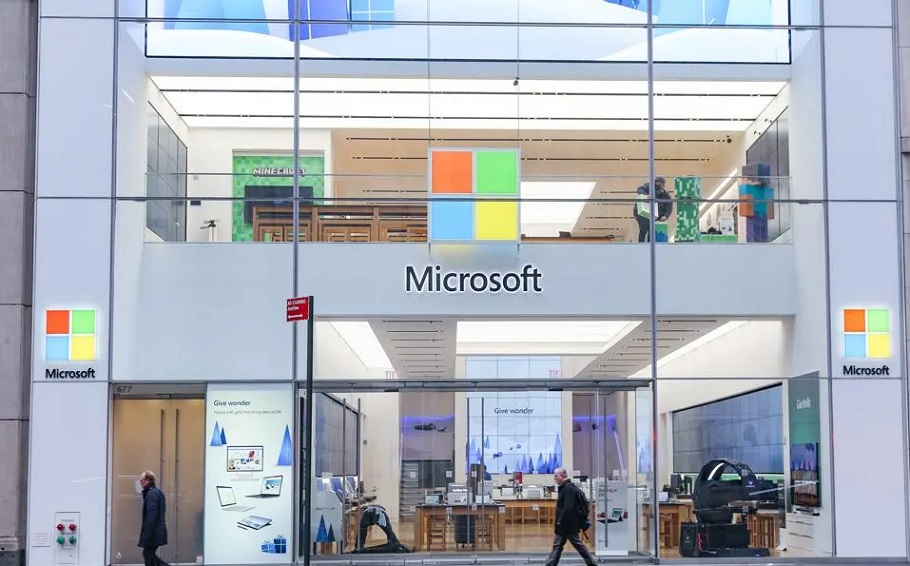
As the countdown to Windows 10 end of life continues, analysts are sounding the alarm on a potential global surge in electronic waste (e-waste), with up to 240 million devices worldwide expected to be discarded due to incompatibility issues with the upcoming Windows 11.
Research conducted by Canalys underscores the impending challenge, highlighting critical questions about device refresh cycles and the ethical responsibility of vendors to extend the usable lifespans of electronic devices.
A major concern highlighted in the study is Microsoft's current approach to Windows 11 device compatibility. The minimum system requirements for Windows 11 include a processor of at least 1 GHz, a minimum of 4GB RAM, and a storage capacity of at least 64GB. Many devices that will face obsolescence after the Windows 10 support deadline in October 2025 may still be in good condition but won't meet these stringent requirements.
Canalys warns that these millions of devices, potentially reaching landfill sites, represent a significant environmental impact. The consultancy notes that the lack of robust regulatory standards currently provides little incentive for vendors to adopt more sustainable practices.
Strain on IT Budgets and Calls for Extended Lifespans
Canalys anticipates that the mass scrapping of devices could place significant strain on organizational IT budgets in the coming years, especially given the challenging economic conditions faced by many enterprises. The consultancy emphasizes the crucial need for device manufacturers and software vendors, particularly Microsoft, to maximize the usable lifespans of their products.
"Their incompatibility with the latest supported version of Windows massively reduces their value for refurbishing and reselling," Canalys stated. The sheer volume of potential e-waste is staggering, as the discarded devices, if stacked, would create a pile 600 km taller than the moon.
Canalys calls for a stronger focus on supporting circular economy goals, with device manufacturers embedding durability, reparability, and recyclability into the design of their products. While the consultancy acknowledges Microsoft's move to extend security updates for Windows 10 until 2028, it notes that potential fees for accessing this extended support may pose challenges for organizations with tight budgets.
Environmental Impact and Circular Economy Goals
The environmental impact of mass device scrapping is a significant concern, and Canalys urges vendors to align their practices with circular economy goals. The consultancy emphasizes that original equipment manufacturers (OEMs) must prioritize durability, reparability, and recyclability in device design, while OS vendors must ensure that devices remain usable and secure for as long as possible.
Canalys recognizes the lack of stringent regulatory standards in this area and urges stakeholders to collaborate on creating a framework that encourages sustainable practices in the technology industry.
While Microsoft has announced the extension of security updates for Windows 10, Canalys notes the potential financial barrier for organizations, given the historical pricing structure for extended support. The consultancy emphasizes the need for a balance that enables organizations to extend the lifespan of their devices without imposing prohibitive costs.
In the face of these challenges, the technology industry finds itself at a crucial juncture where a collective commitment to sustainability, extended product lifespans, and responsible e-waste management is paramount to mitigating the environmental impact of rapidly evolving software and hardware requirements.